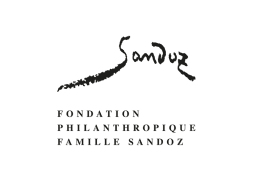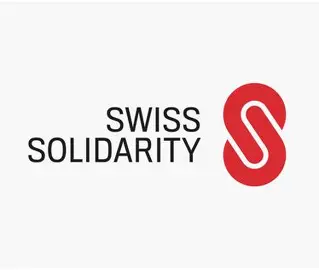Project highlights
Daulatdia, Dhaka, Bangladesh
Mukti Mohila Somity (MMS)
Direct Beneficiaries 2155
1st April 2025 - 31st March 2028
Supported by


Project summary
The Project “Breaking the Cycle of Child Sexual Exploitation and Abuse in Dhaka’s Daulatdia Brothel” focuses on breaking the cycle of child sexual exploitation, support alternative livelihoods for sex workers, and strengthen community protection systems at the largest brothel in Bangladesh. Tdh aims to support 2155 children and their mothers over the period of 3 years through dedicated case management, structured and non-structured MHPSS, livelihoods and skills development as well as systems strengthening, guided by Tdh’s socio-ecological model.
Project Goals
The Project objective is to reduce the vulnerability of children and adolescents in Daulatdia to commercial sexual exploitation by strengthening family, community, and institutional protection mechanisms that improve their safety, well-being, and access to rights.
Key activities
- Providing case management support and developing individualized care plans for 300 children, counseling, and raising awareness through awareness materials at child play corners for vulnerable children and adolescents at risk of commercial sexual exploitation.
- 360 children including adolescents receive life-skill training using Sports for Protection (S4P) and ENGAGE curriculum and trained groups will lead 24 initiatives promoting protection, rights, and social cohesion.
- Partnership with three schools to train teachers and SMCs for identifying children at risk of commercial sexual exploitation, provide in-kind support to continue education, and including menstruation friendly equipment schools.
- Provide entrepreneurship training, financial literacy, and conditional cash grants to 170 vulnerable sex workers for alternative income generation.
- Identify 210 adolescents including youths at risk of commercial sexual exploitation, and provide vocational training, job placement, and career counselling.
- Strengthening Community-Based Child Protection Committees (CBCPCs) and Counter Trafficking Committees (CTCs) through training and community-led initiatives.
- Enhancing the capacity of frontline government and non-government actors and conducting evidence-based advocacy to inform policy and ensure sustainable protection against commercial sexual exploitation.

